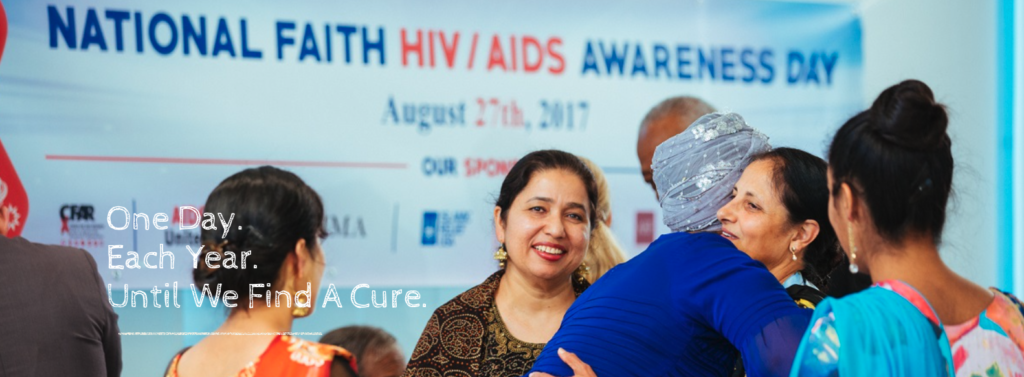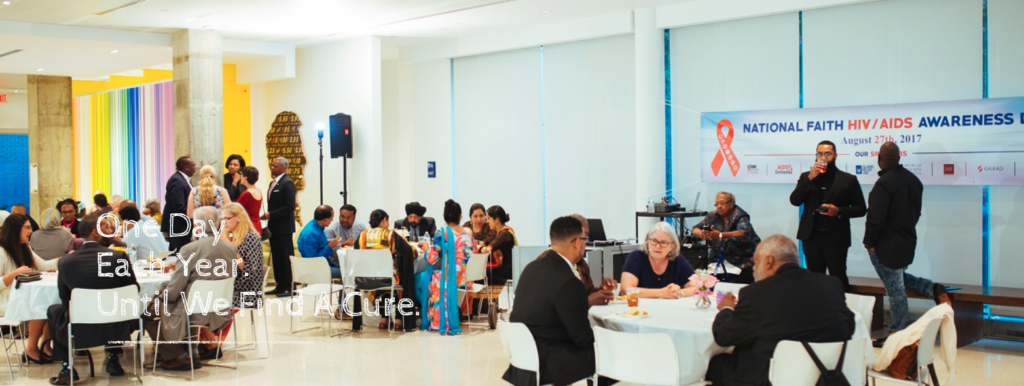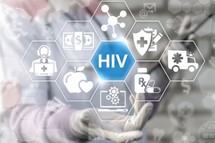 Cross-posted from hivinfo.nih.gov
Cross-posted from hivinfo.nih.gov
Explore HIV and Immunization Resources for National Immunization Awareness Month
August is National Immunization Awareness Month. This annual observance highlights the importance of getting recommended vaccines. Vaccines are especially important for people with chronic health conditions like HIV, which can make it harder to fight off preventable diseases. For information about recommended vaccines for people with HIV, view the HIV and Immunizations fact sheet.
The following vaccines are recommended for people with HIV:
- Hepatitis B
- Human papillomavirus (HPV)
- Influenza (flu)
- Meningococcal
- Pneumococcal (pneumonia)
- Tetanus, diphtheria, and pertussis (whooping cough). A single vaccine called Tdap protects adolescents and adults against these three diseases.
Additional vaccines may be recommended for a person with HIV based on the person’s age, previous vaccinations, risk factors for a particular disease, or certain HIV-related factors. Learn more about immunizations for preventable diseases in adults with HIV.
People with HIV should talk with their health care providers to determine which vaccines they should receive and when they should receive them.
Testing is underway on experimental vaccines to prevent and treat HIV, but no HIV vaccines have been approved for use outside of clinical trials. For more information about experimental HIV vaccines, read the HIVinfo fact sheets What is a Preventive HIV Vaccine? and What is a Therapeutic HIV Vaccine?
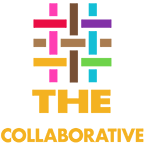

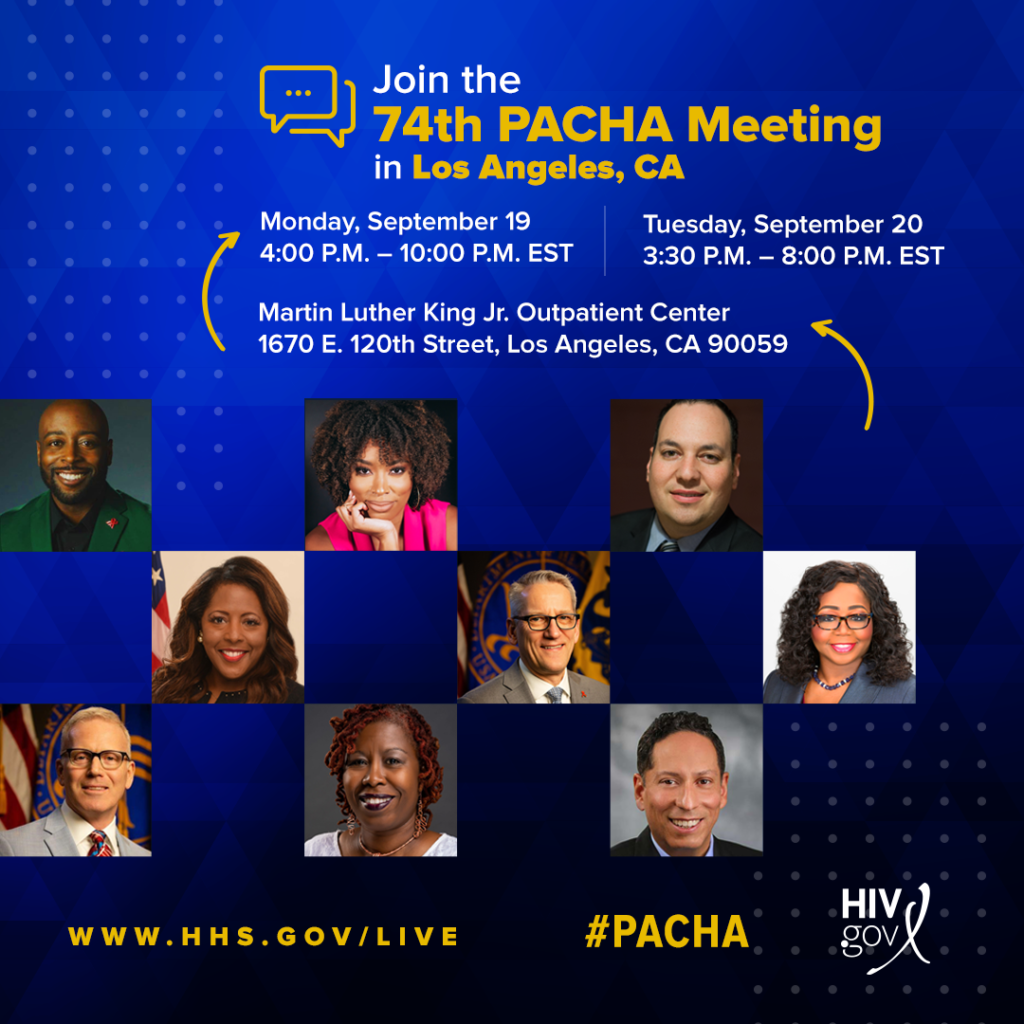
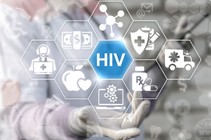
 Cross-posted from
Cross-posted from 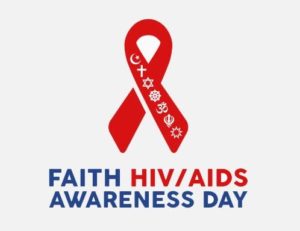 Monday, August 29th 2022 is
Monday, August 29th 2022 is 